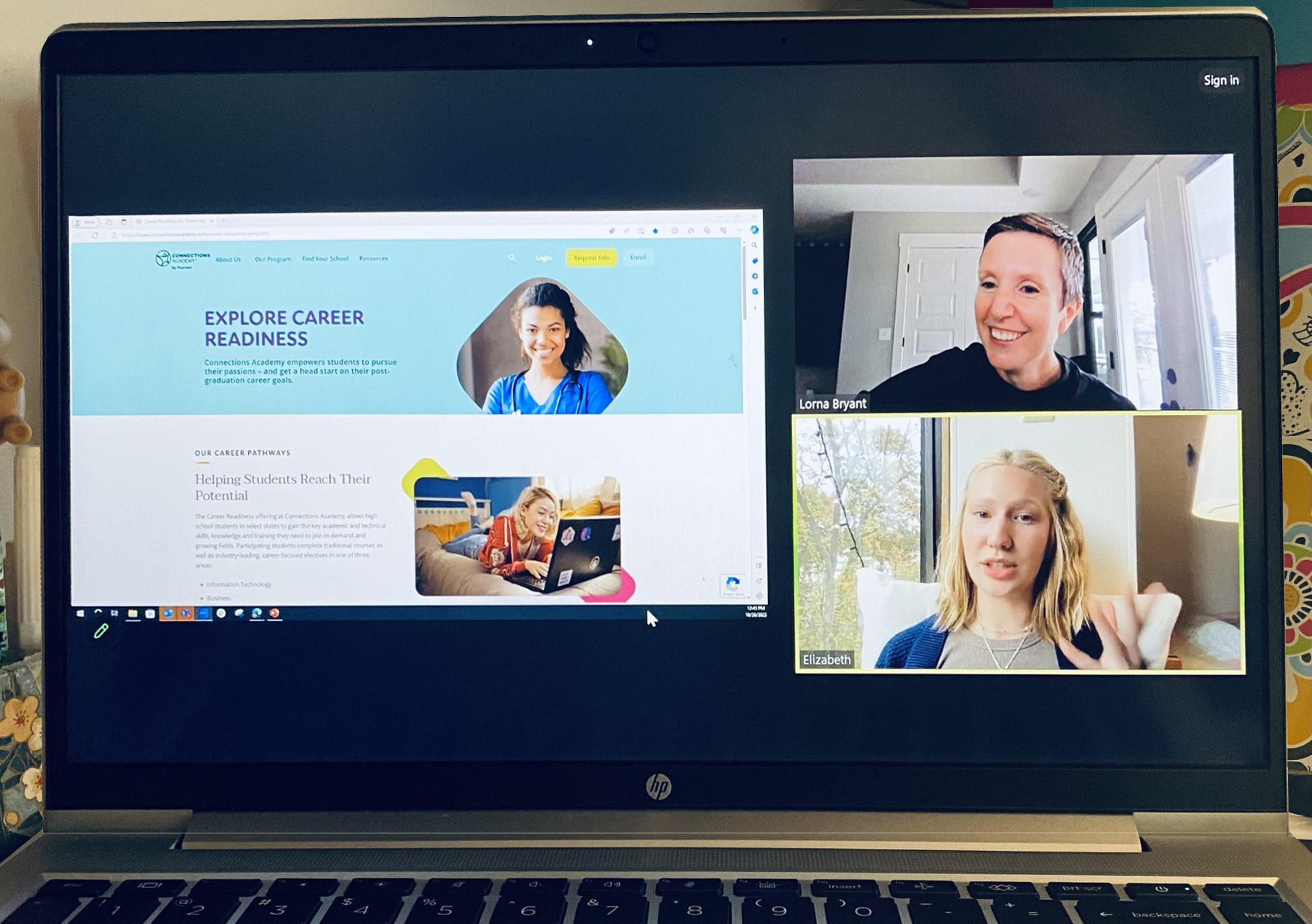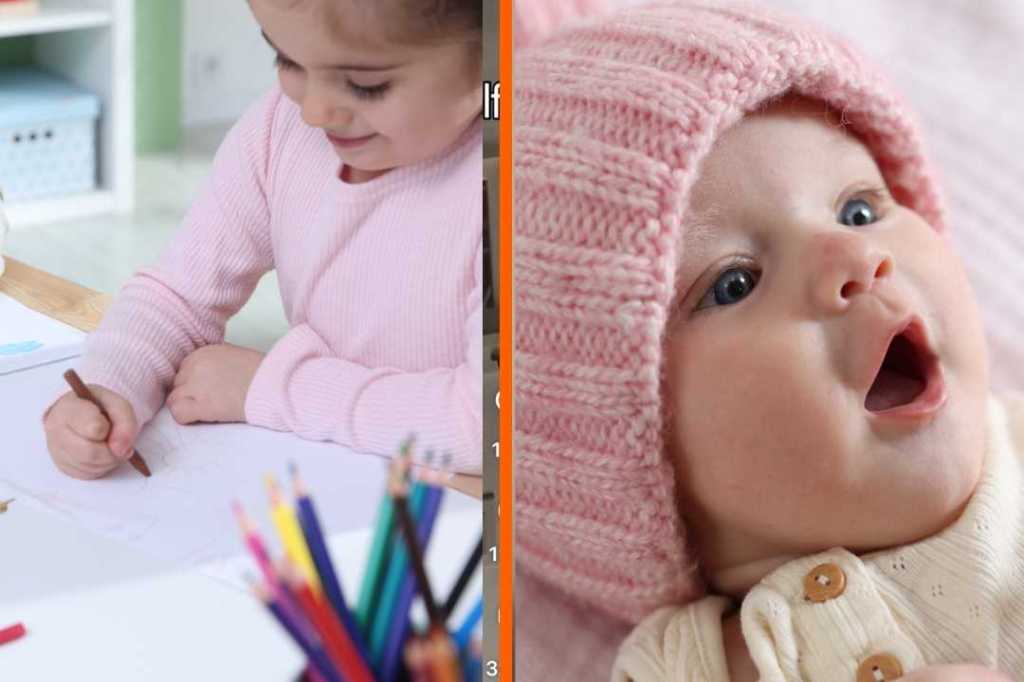Every adult generation has its version of a “kids these days” lament, labeling the up-and-coming generation as less resilient or hardworking compared to their own youth. But Gen Z—currently middle school age through young adulthood—is challenging that notion with their career readiness.
Take Abigail Sanders, an 18-year-old college graduate. Thanks to a dual enrollment program with her online school, she actually earned her bachelor’s degree before her high school diploma. Now she’s in medical school at Bastyr University in Washington state, on track to become a doctor by age 22.

Abigail’s twin sister, Chloe, also did dual enrollment in high school to earn her associate’s in business and is on an early college graduation path to become a vet tech.
Maeson Frymire dreams of becoming a paramedic. He got his EMT certification in high school and fought fires in New Mexico after graduation. Now he’s working towards becoming an advanced certified EMT and has carved his career path towards flight paramedicine.
Sidny Szybnski spends her summers helping run her family’s log cabin resort on Priest Lake in Idaho. She’s taken business and finance courses in high school and hopes to be the third generation to run the resort after attending college.

Each of these learners has attended Connections Academy, tuition-free online public schools available in 29 states across the U.S., to not only get ready for college but to dive straight into college coursework and get a head start on career training as well. These students are prime examples of how Gen Zers are navigating the career prep landscape, finding their passions, figuring out their paths and making sure they’re prepared for an ever-changing job market.
Lorna Bryant, the Head of Career Education for Connections Academy’s online school program, says that Gen Z has access to a vast array of career-prep tools that previous generations didn’t have, largely thanks to the internet.
“Twenty to 30 years ago, young people largely relied on what adults told them about careers and how to get there,” Bryant tells Upworthy. “Today, teens have a lot more agency. With technology and social media, they have access to so much information about jobs, employers and training. With a tap on their phones, they can hear directly from people who are in the jobs they may be interested in. Corporate websites and social media accounts outline an organization’s mission, vision and values—which are especially important for Gen Z.”
Research shows over 75% of high schoolers want to focus on skills that will prepare them for in-demand jobs. However, not all teens know what the options are or where to find them. Having your future wide open can be overwhelming, and young people might be afraid of making a wrong choice that will impact their whole lives.
Bryant emphasizes that optimism and enthusiasm from parents can help a lot, in addition to communicating that nothing’s carved in stone—kids can change paths if they find themselves on one that isn’t a good fit.

“I think the most important thing to communicate to teens is that they have more options than ever to pursue a career,” she says. “A two- or four-year college continues to be an incredibly valuable and popular route, but the pathways to a rewarding career have changed so much in the past decade. Today, career planning conversations include options like taking college credit while still in high school or earning a career credential or certificate before high school graduation. There are other options like the ‘ships’—internships, mentorships, apprenticeships—that can connect teens to college, careers, and employers who may offer on-the-job training or even pay for employees to go to college.”
Parents can also help kids develop “durable skills”—sometimes called “soft” or “human” skills—such as communication, leadership, collaboration, empathy and grit. Bryant says durable skills are incredibly valuable because they are attractive to employers and colleges and transfer across industries and jobs. A worldwide Pearson survey found that those skills are some of the most sought after by employers.
“The good news is that teens are likely to be already developing these skills,” says Bryant. Volunteering, having a part-time job, joining or captaining a team sport can build durable skills in a way that can also be highlighted on college and job applications.
Young people are navigating a fast-changing world, and the qualities, skills and tools they need to succeed may not always be familiar to their parents and grandparents. But Gen Z is showing that when they have a good grasp of the options and opportunities, they’re ready to embark on their career paths, wherever they may lead.
Learn more about Connections Academy here and Connections’ new college and career prep initiative here.






























